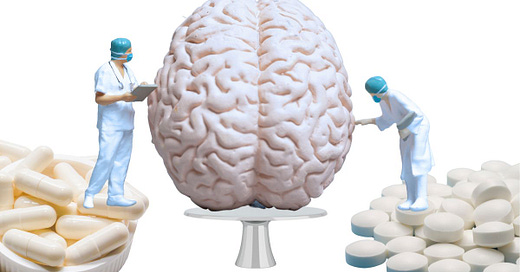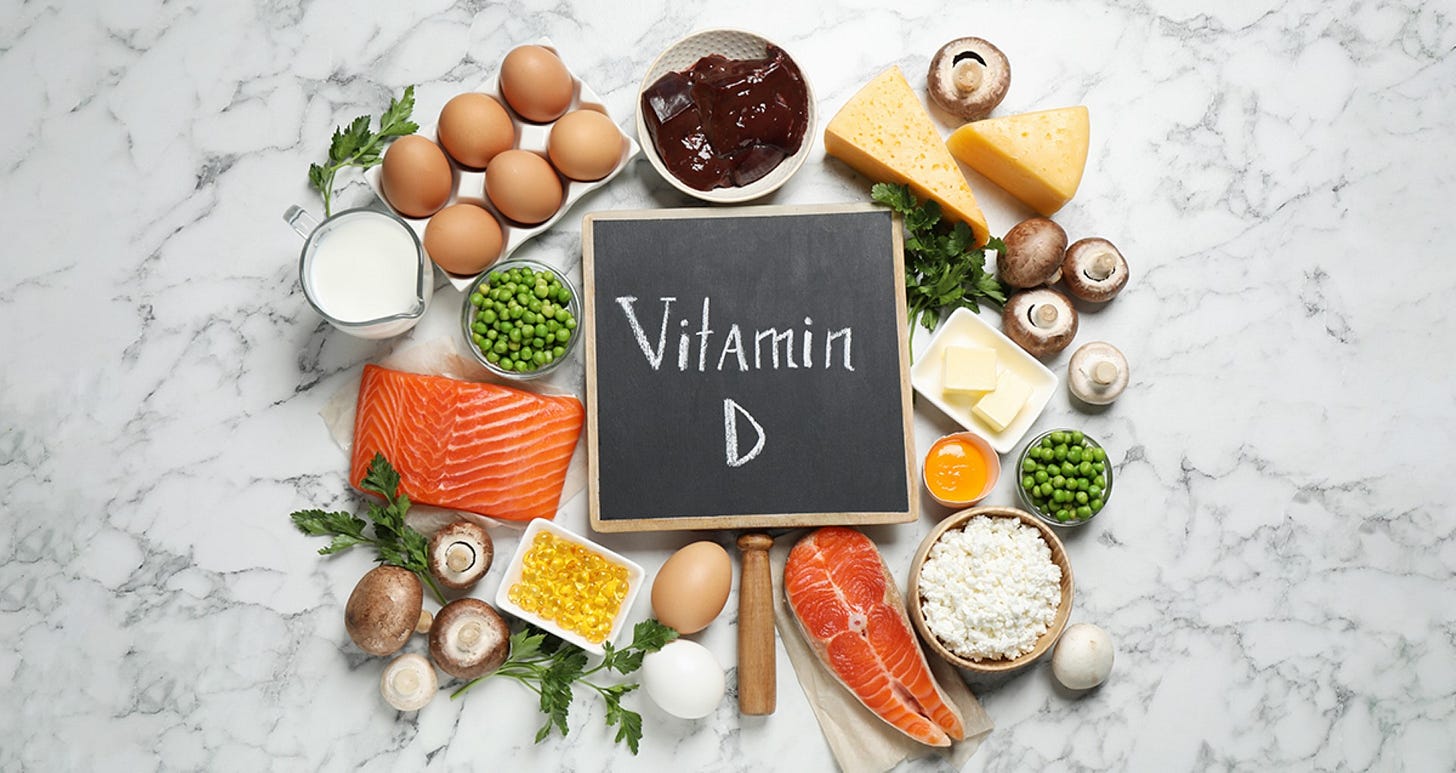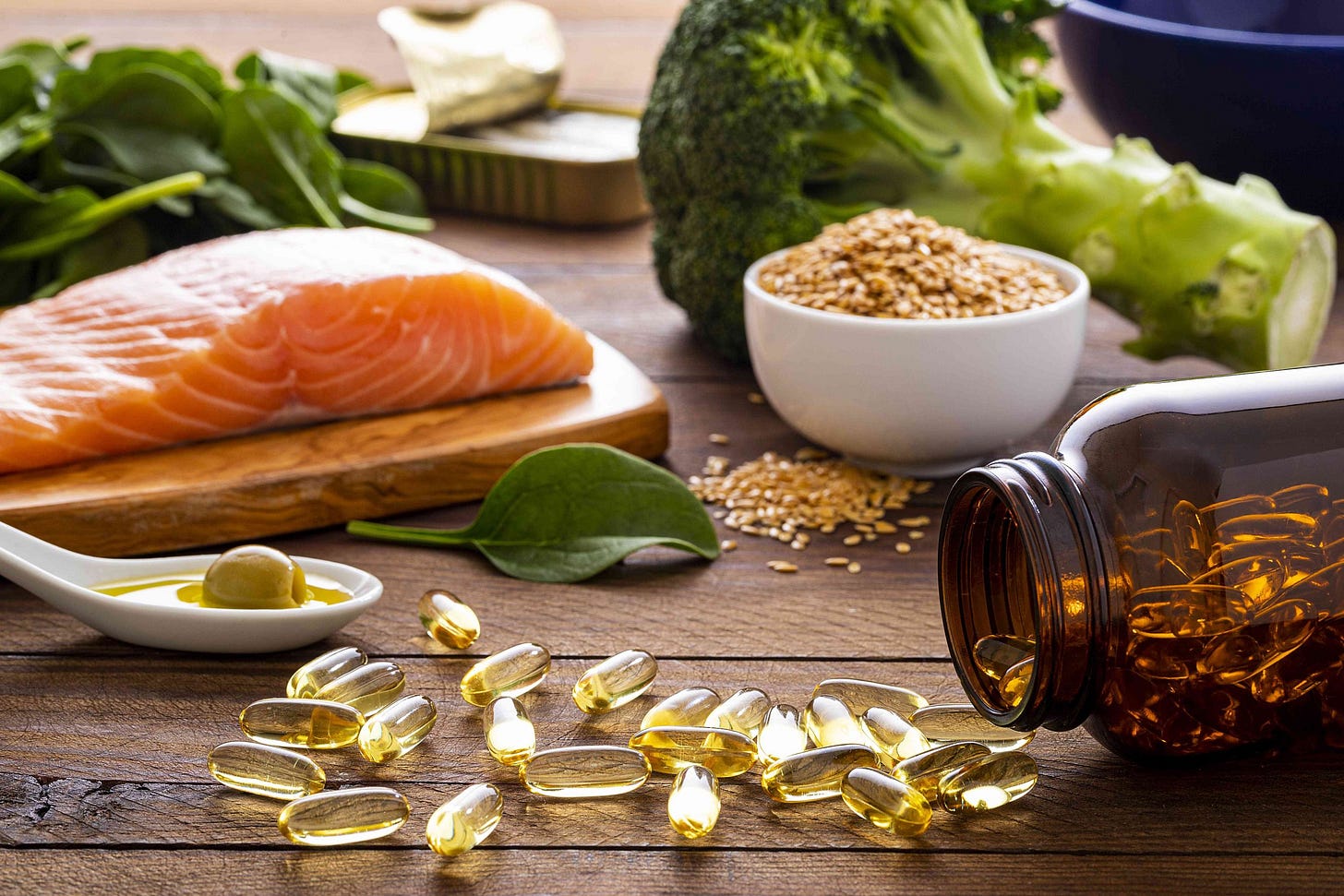5 Parkinson’s Supplements to Boost Dopamine Levels
Parkinson's supplements to boost dopamine levels? Find out more in this article, with brief mention of Chinese herbs for Parkinson's too!
If you're managing Parkinson’s disease (PD), you're likely familiar with traditional treatments like levodopa (L-DOPA) to help with motor symptoms. But did you know there are natural supplements that might also support dopamine production? Here’s a look at five supplements that could help enhance dopamine levels and support your brain health.
1. Mucuna Pruriens
Mucuna pruriens, also called velvet bean, is a plant traditionally used in Ayurvedic medicine. It’s a natural source of L-DOPA, a precursor to dopamine. Unlike synthetic L-DOPA medications, Mucuna offers a more natural option, and research has shown it may improve motor function without causing involuntary movements.
Benefits:
Provides a natural source of L-DOPA.
May improve motor function more quickly and with longer-lasting effects compared to synthetic L-DOPA.
Mechanism of Action:
Mucuna increases the availability of L-DOPA, which is converted into dopamine in the brain.
Dosage:
Most people take between 200 mg and 500 mg of Mucuna extract per day. Always talk to your healthcare provider to determine the right dosage for you.
2. L-Tyrosine
L-Tyrosine is an amino acid that acts as a building block for important neurotransmitters like dopamine, norepinephrine, and epinephrine. It’s particularly helpful during stressful times when dopamine production might be low.
Benefits:
Can improve cognitive performance and mood, especially under stress.
May help with blood pressure regulation, especially for those with orthostatic hypotension (a drop in blood pressure when standing).
Mechanism of Action:
L-Tyrosine is converted into L-DOPA, which then helps produce dopamine, supporting overall brain function.
Dosage:
Typical dosages range from 500 mg to 2000 mg per day. Always consult your doctor before using L-Tyrosine, especially if you are on other medications.
Also read: Acupuncture for Parkinson’s Patients
3. L-Phenylalanine
L-Phenylalanine is an essential amino acid that your body converts into tyrosine, which is then used to produce dopamine. For people with Parkinson’s disease, studies suggest they may have lower levels of phenylalanine, making supplementation potentially helpful.
Benefits:
May help restore normal levels of phenylalanine and tyrosine, supporting dopamine production.
Could be beneficial for improving dopamine synthesis in Parkinson's patients.
Mechanism of Action:
Once ingested, L-Phenylalanine is converted into tyrosine, which then helps increase dopamine levels.
Dosage:
Most people take between 500 mg and 1500 mg per day. Be sure to consult with your doctor, as L-Phenylalanine can interact with certain medications, including antidepressants.
4. Vitamin D
Vitamin D is crucial for overall health, including immune function and bone health. Studies have shown that many people with Parkinson’s disease are vitamin D deficient, which can worsen symptoms.
Benefits:
Helps protect dopamine-producing neurons from damage.
Can improve motor performance in animal models of Parkinson’s.
Mechanism of Action:
Vitamin D supports brain health by reducing inflammation and oxidative stress, both of which contribute to the degeneration of dopamine-producing neurons.
Dosage:
The recommended daily dose is between 600 IU and 800 IU for most adults. If you’re deficient, higher doses may be necessary, but regular blood tests are important to monitor your levels.
Also read: Brett Favre’s Parkinson’s Disease Journey: His ‘Toughest Game’ Yet
5. Omega-3 Fatty Acids
Omega-3 fatty acids, found in fish oil and some plant sources like flaxseeds and walnuts, are known for their anti-inflammatory properties. They can support brain health and may help improve dopamine function.
Benefits:
Can enhance dopamine signaling and improve brain health.
May protect against neurodegeneration by reducing inflammation in the brain.
Mechanism of Action:
Omega-3 fatty acids contribute to cellular membrane fluidity and improve receptor function, promoting the production of neuroprotective compounds that help protect the brain from oxidative stress.
Dosage:
The recommended dosage is between 1000 mg and 3000 mg per day, depending on your health needs. Be sure to choose high-quality fish oil or algae-based supplements.
Where to Buy:
Click here to buy Omega 3 Fatty Acids!
Other Natural Dopamine Boosters
If you’re interested in Chinese medicine, there are two herbs that might help with dopamine production:
Semen Ziziphus Jujube: Traditionally used to treat insomnia, this herb may help increase dopamine levels in the brain.
Panax Ginseng: Known for its neuroprotective effects, Panax ginseng can help support dopamine production and improve mood and cognitive function.
Before adding any of these supplements or herbs to your routine, make sure to check with your doctor to ensure they’re safe and suitable for you. Combining these natural approaches with your traditional treatments might help manage Parkinson’s more effectively and improve your quality of life.







